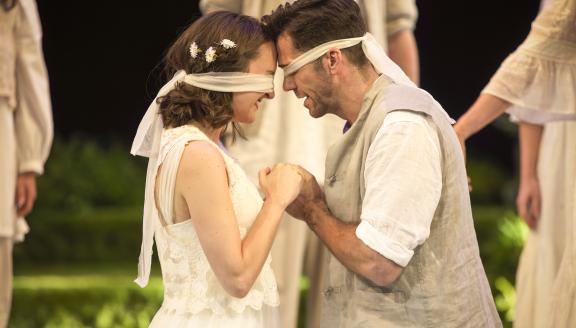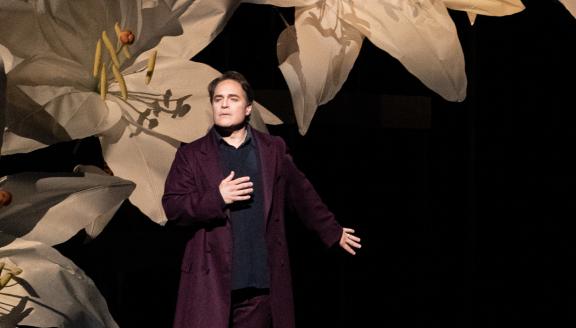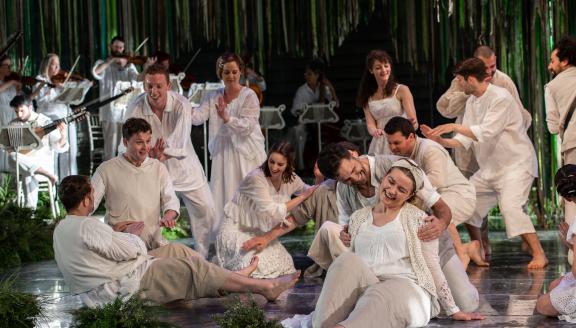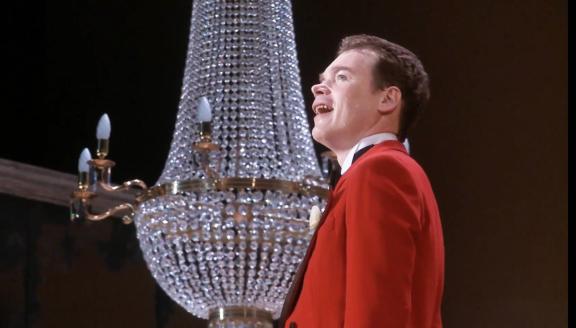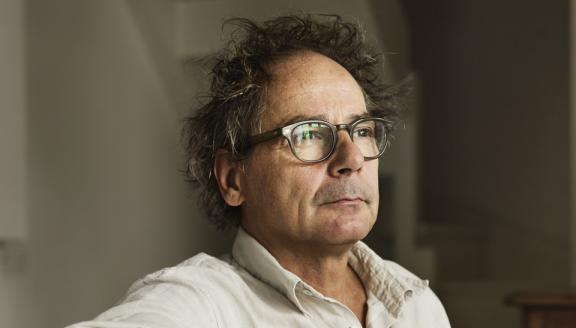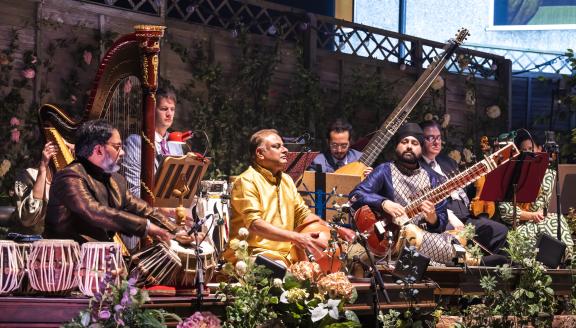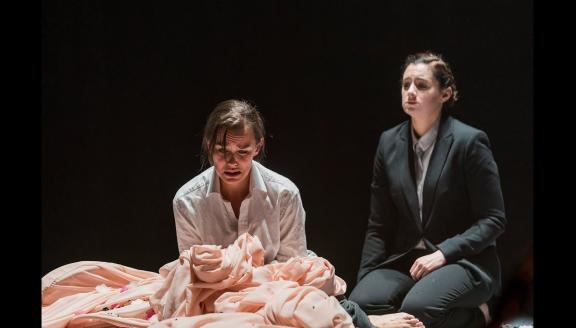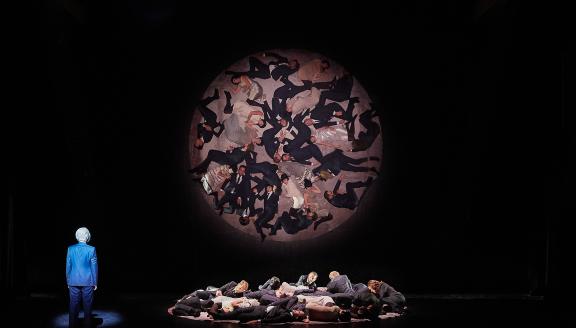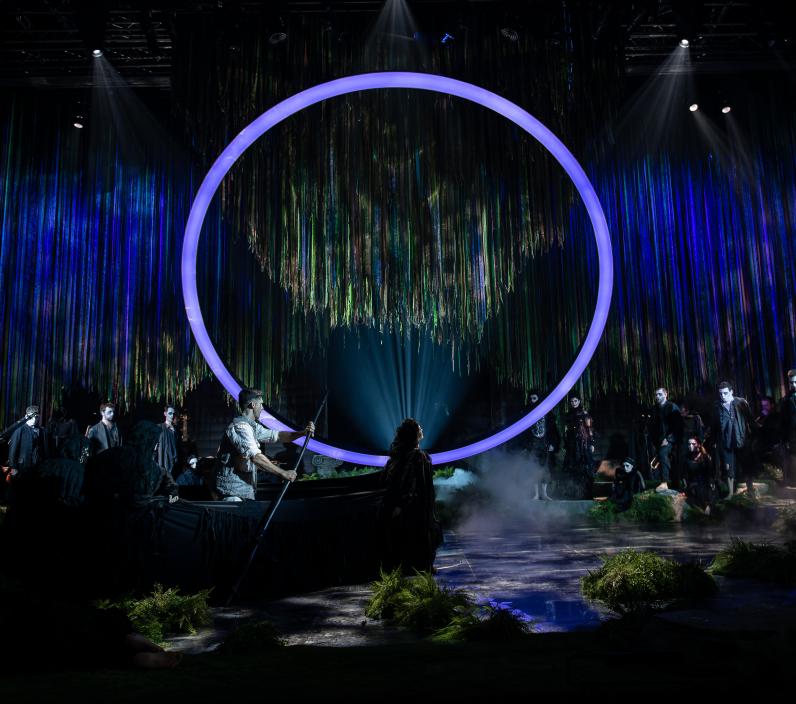
Julian Guidera

Julian Guidera
Orpheus
Blessed superhuman musical skills, Orpheus is a legendary hero from Greek myth. He is so consumed with grief at the death of his beloved Euridice that the gods allow him to lead her back from the underworld on one condition: that he will not look at her on the way. But who can resist looking at a loved one?
His story is simple and touching. It has fascinated composers for centuries. Orpheus has became the emblem of the artist who rises above earthly worries and brings us closer to eternal truths.
